Related Research Articles

Die Fledermaus is an operetta composed by Johann Strauss II to a German libretto by Karl Haffner and Richard Genée, which premiered in 1874.

Oskar Nedbal was a Czech violist, composer, and conductor of classical music.
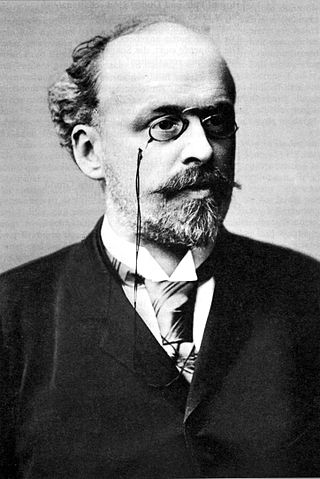
Carl Adam Johann Nepomuk Zeller was an Austrian composer of operettas.
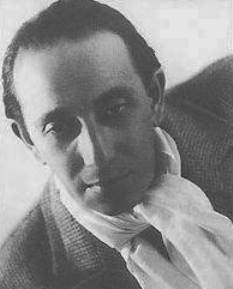
Paul Abraham was a Jewish-Hungarian composer of operettas, who scored major successes in the German-speaking world. His specialty – and own innovation – was the insertion of jazz interludes into operettas.

Alfred Maria Willner was an Austrian writer, philosopher, musicologist, composer and librettist.

Franz Friedrich Richard Genée was a Prussian-born Austrian librettist, playwright, and composer.
Walter Wilhelm Goetze [sometimes Götze] was a German composer of operettas and revues.

Der Zarewitsch is an operetta in three acts by Franz Lehár. The German libretto by Heinz Reichert and Bela Jenbach is based on the play of the same name by Polish author Gabriela Zapolska. Lehár composed the work, one of his later operettas, as a vehicle for Richard Tauber, the acclaimed Austrian tenor. The work received its first performance at the Deutsches Künstlertheater in Berlin on 16 February 1927, with Tauber and Rita Georg in the leading roles.

Cagliostro in Wien is an operetta in three acts by Johann Strauss II to a libretto by F. Zell and Richard Genée. It premiered on 27 February 1875 at the Theater an der Wien, featuring Marie Geistinger and Alexander Girardi.

Der Karneval in Rom —also known as Karneval in Rom— is an operetta in three acts composed by Johann Strauss II to a libretto by Josef Braun, Richard Genée and Maximilian Steiner. It was Strauss' second operetta and based on Victorien Sardou's 1861 comedy Piccolino. The work premiered on 1 March 1873 at the Theater an der Wien.

Henri Charles Antoine Gaston Serpette was a French composer, best known for his operettas. After winning the prestigious Prix de Rome as a student at the Paris Conservatoire, he was expected to pursue a career in serious music. Instead, he turned to operetta, writing more than twenty full-length pieces between 1874 and 1900. He accepted some conducting work and also served as a critic and journalist for a number of French newspapers and magazines.
Jutta Bornemann was an Austrian actress and writer.
The Mine Foreman may refer to

The Mine Foreman is a 1952 Austrian historical musical film directed by Franz Antel and starring Hans Holt, Josefin Kipper and Wolf Albach-Retty. The film is an operetta film, which is based on the libretto of the 1894 operetta of the same title by Ludwig Held and Moritz West. It is set in the reign of Ludwig I of Bavaria. The film's sets were designed by Isabella and Werner Schlichting.
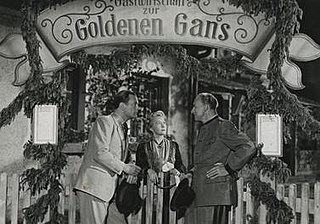
Kissing Is No Sin is a 1950 Austrian-German comedy film directed by Hubert Marischka and starring Curd Jürgens, Hans Olden and Hans Moser. The film takes its title from the waltz "Küssen ist keine Sünd" in Edmund Eysler's 1903 operetta Bruder Straubinger and features the song in its soundtrack.

Her Highness Dances the Waltz is a 1935 German-language Czech musical comedy film directed by Max Neufeld and starring Irén Ágay, André Mattoni and Hans Homma.
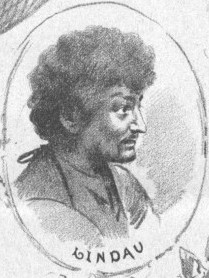
Karl Lindau was an Austrian actor and writer. He excelled in comic roles at the Theater an der Wien, and wrote several plays, librettos for operettas and songs.
Richard Fall was an Austrian composer and conductor of Jewish descent. One of his most famous compositions is the popular Was machst du mit dem Knie lieber Hans.

Ball at the Savoy is a 1935 Austrian-Hungarian musical film directed by Steve Sekely and starring Gitta Alpar, Hans Jaray and Rosy Barsony. Part of the tradition of operetta films, it is based on the 1932 work of the same title by Paul Abraham. It was remade the following year in Britain.
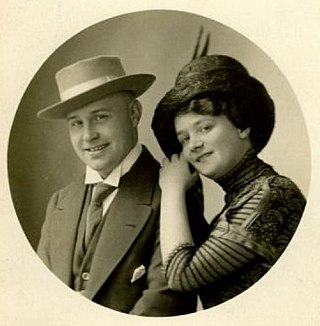
Rudi Gfaller was an Austrian operetta composer and singer. Born in Vienna, he began his career as an actor and singer and appeared in various provincial theatres in Germany. In 1906, he composed the first of his twelve operettas. Gfaller was married to the operetta singer Therese Wiet and often appeared with her in Leipzig where the couple were based for most of their careers. In 1943 he retired to their house in Bad Ischl where he died at the age of 89.
References
- ↑ Dassanowsky p.151